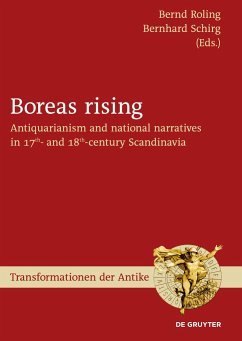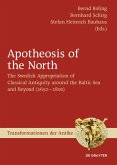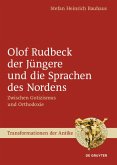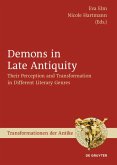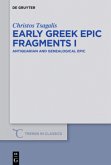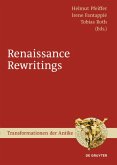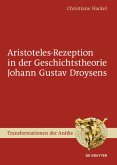For a long time studies on northern antiquarianism have focused on individual nations. This volume introduces this phenomenon in a transnational perspective. In the course of the 17th and 18th centuries, the Baltic Sea was at the centre of a culture of debate, whose networks encompassed numerous European centres of learning. When the countries around the Baltic began to explore their own antiquities in this period, the prevailing climate of competition between Sweden, Denmark, Russia and the German countries soon permeated the construction and presentation of their own pasts. Exploring the ancient literatures and monuments of Iceland, Sweden or Denmark, studying runic writings or the Sami tradition, the northern scholars were establishing an individual architecture of history, and so extending the horizon of their emerging nations both geographically and historically. The contributions in this volume provide case studies illustrating the role that scholarship, art and literature played in establishing and maintaining national claims around the Baltic Sea. The variety of methods combined for this purpose makes this book of interest to intellectual historians as well as historians of art and early modern science.
Bitte wählen Sie Ihr Anliegen aus.
Rechnungen
Retourenschein anfordern
Bestellstatus
Storno

